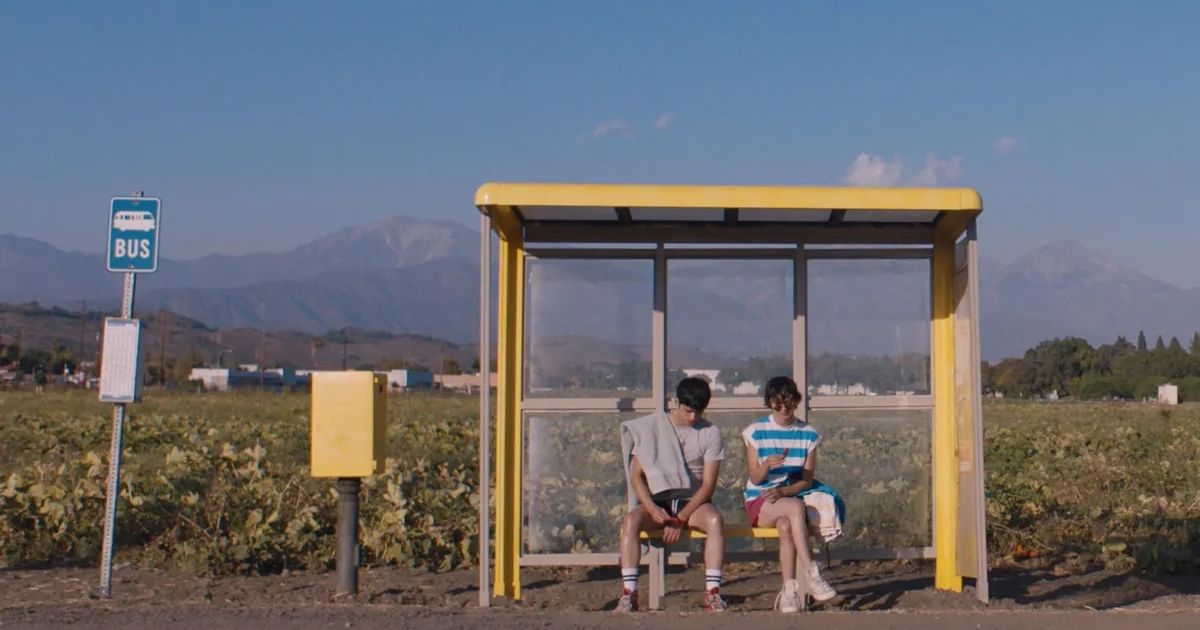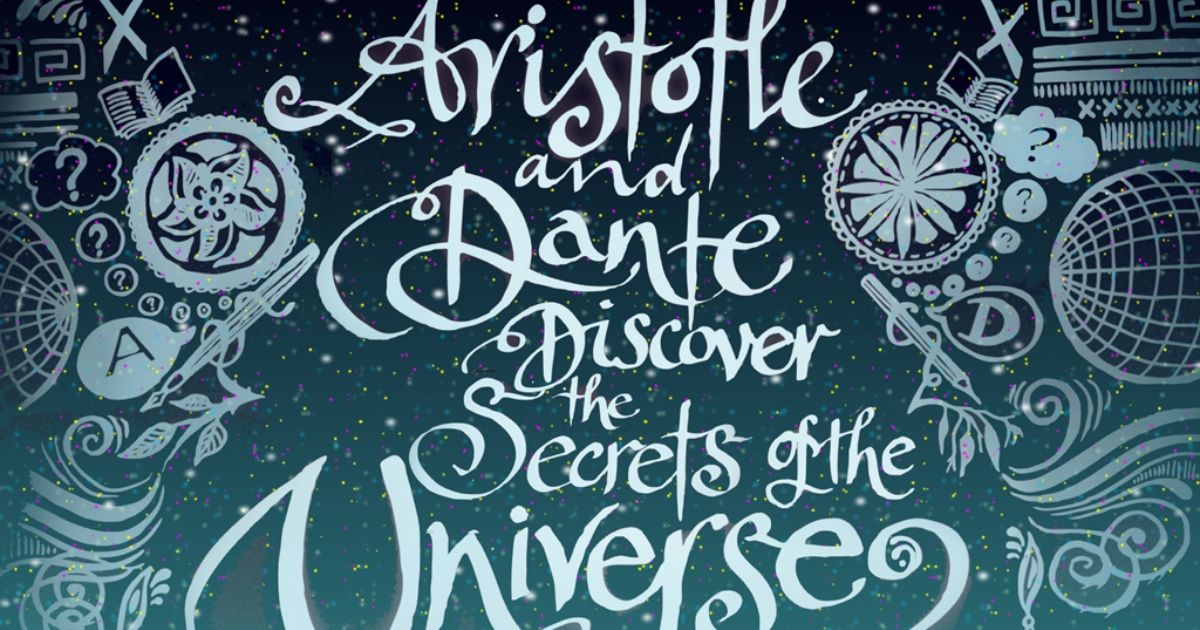Making its world premiere at Toronto International Film Festival 2022, Aristotle and Dante Discover the Secrets of the Universe follows the two titular Mexican-American teenagers as they form an instant and unique connection in the summer of 1987 in El Paso, Texas. Aristotle (Max Pelayo), or "Ari," is introspective and sensitive, plagued with social anxiety, and shouldering the burden of his family's secrecy about an absent older brother. Meanwhile, Dante (Reese Gonzales) is out-going and free-spirited — he refuses to wear shoes — and likes to live by his own rules. Though they couldn't be more different from each other, one thing they do have in common is that neither of them have friends; one is too serious for the other kids at school, the other is too weird.
Based on Benjamin Alire Sáenz' 2012 YA novel of the same name, Aristotle and Dante was first reported by Deadline in 2018, upon the launch of actress Kyra Sedgwick's production company Big Swing Productions (who produced the film). Since then, it has landed at the top of many highest anticipated book-to-screen adaptations. And rightfully so: Sáenz's book earned critical and commercial acclaim, winning a plethora of awards, such as the Lambda Literary Award, the Stonewall Book Award, and the Pura Belpré Narrative Medal, not to mention a fervent following of readers. It was a seminal piece of young adult literature, particularly in 2012, about two boys learning how to love freely and without shame.
Though Sáenz' novel is naturally a tough act to follow, director Aitch Alberto (making her feature directorial debut) delivers a compassionate coming of age film that tackles many timely themes, chiefly among them, toxic masculinity, the beauty of growth, and, perhaps most importantly, tenderness and vulnerability as radical acts. In Alberto's hands, Aristotle and Dante earns its spot in the pantheon of beloved book to film adaptations, and, what's more, offers a visual experience that, at once, urges contemplation and inspires discovery.
Pelayo and Gonzales Carry the Film with Their Performances
As the titular Aristotle and Dante, Pelayo and Gonzales are the emotional centerpieces of the film. They may be young actors, but they each bring depth to their characters that defy their years. As Aristotle, Pelayo possesses an ineffable magnetism that makes it easy to step into Ari's world. There's a stillness to his performance, like the brewing of a storm, that exemplifies the internal war that is being a teenager. At the first strike of lightning — and there is, indeed, one such pivotal moment for Ari — Pelayo leaves it all on-screen. Conversely, as Dante, Gonzales is the light that breaks through. He balances the charm of a boy who refuses to play by the rules with the sometimes uneasy steadfastness that comes with the knowledge of one's inherent difference from everyone else. Together, Aristotle and Dante — Pelayo and Gonzales — it's nothing short of cosmic.
Supporting the two are veteran actors Verónica Falcón and Eugenio Derbez, as Aristotle's parents, Liliana and Jaime Mendoza, and Eva Longoria and Kevin Alejandro as Dante's parents, Soledad and Sam Quintana. It's gift to see parents, in Reagan-era Texas no less, exhibit compassion for their sons as they stumble through self-actualization and young love. We spend more time with Liliana and Jamie, who carry their own grief and hard-earned lessons — like all parents do — and both Falcón and Derbez are perfect.
Denise Hudson's work, here, as production designer of Aristotle and Dante immediately catapults us to 1980s El Paso. Combined with cinematographer Akis Konstantakopoulus' eye, there's a warmth to every shot that exudes young summer romance. It's a testament to Alberto's direction that everything about Aristotle and Dante captures the nostalgia of those days gone by, while also gesturing towards the homophobic rhetoric and attitudes that persisted then (and, in many places, still do today) and the corollary (and toxic) ideals of masculinity. That the film opts for sun-kissed pastel palettes is indicative of its assertion that softness is strength, and tenderness, indeed, salvation.
Aristotle and Dante is ultimately the perfect film for right now. As we figure out how to move forward in spite of the forces that elicit division, Alberto's film reminds us of the beauty of connection and the everlasting power of empathy — for oneself and for others. "To all of us who've had to learn to play by different rules," says the film's opening title card. As much as it is a dedication to those who've forged through in spite of it all, it is perhaps, at this current time, also a call to attention. If we, like Aristotle and Dante, can learn to play by different rules, we, too, can discover the secrets of the universe.


